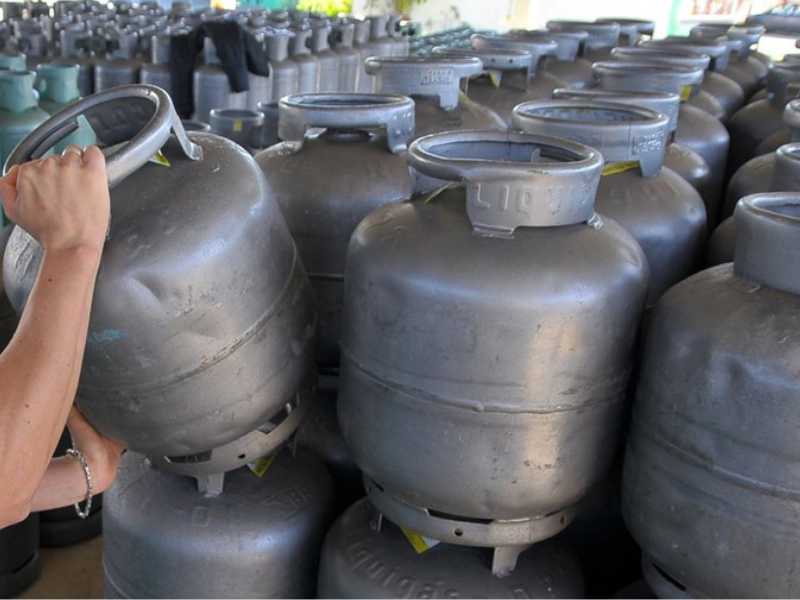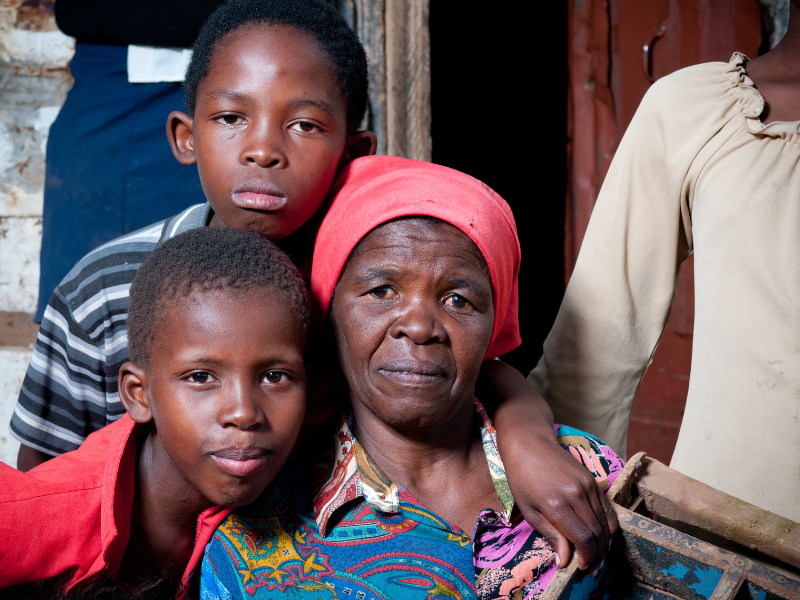Advertisements
In 2024, Brazil will see a significant change in the minimum wage. The value was readjusted to R$ 1,412, coming into effect from January 1, 2024. This adjustment represents an increase of R$ 92 compared to the previous value of R$ 1,320.
Thus, the decision, based on Decree No. 11,864 of December 27, 2023, reflects a government response to the economic challenges faced by workers and an attempt to improve the population's purchasing power.
See more: How do I check my FGTS balance?
Advertisements
Adjustment in the value of the minimum wage
The government has proposed a 7.7% increase in the minimum wage in 2024, bringing it to R$ 1,421. This increase, representing an increase of R$ 101 compared to 2023, was confirmed by the Minister of Planning, Simone Tebet.
Therefore, the adjustment takes into account the new rule for increasing the minimum wage, approved by the government, aiming to improve the living conditions of Brazilian workers. This rule provides for adjustments based on the inflation of the previous year plus the positive variation in GDP of the previous two years.
Advertisements
This increase is of great importance, since it exceeds the inflation rate, preserving the purchasing power of Brazilians. When the increase does not exceed inflation, product prices remain stable, while wages remain stagnant, resulting in a decrease in purchasing power.
In other words, the absence of an increase above inflation implies greater disbursement on the part of Brazilians.
How important is value?
It is important to highlight that value plays a crucial role in the social and economic scenario, directly impacting the quality of life, the dignity of workers and economic stability in general.
Furthermore, the minimum wage serves as a fundamental guarantee, ensuring fair compensation for the time and effort dedicated by workers. Another relevant aspect is its role as an instrument of social protection, helping to prevent exploitation and promote decent working conditions.
The existence of a minimum wage reduces economic disparities by raising the standard of living for lower-income workers.
Image: Pixabay/ joelfotos
























